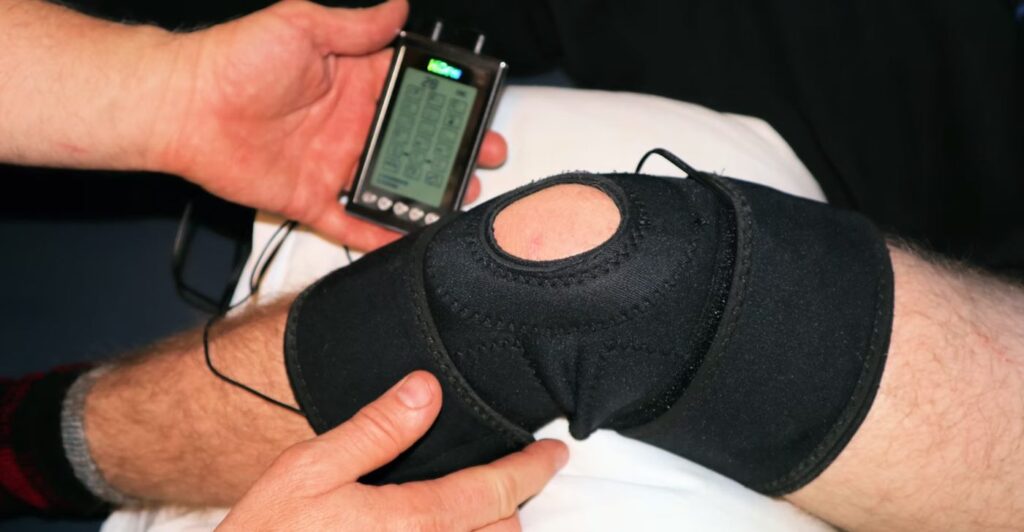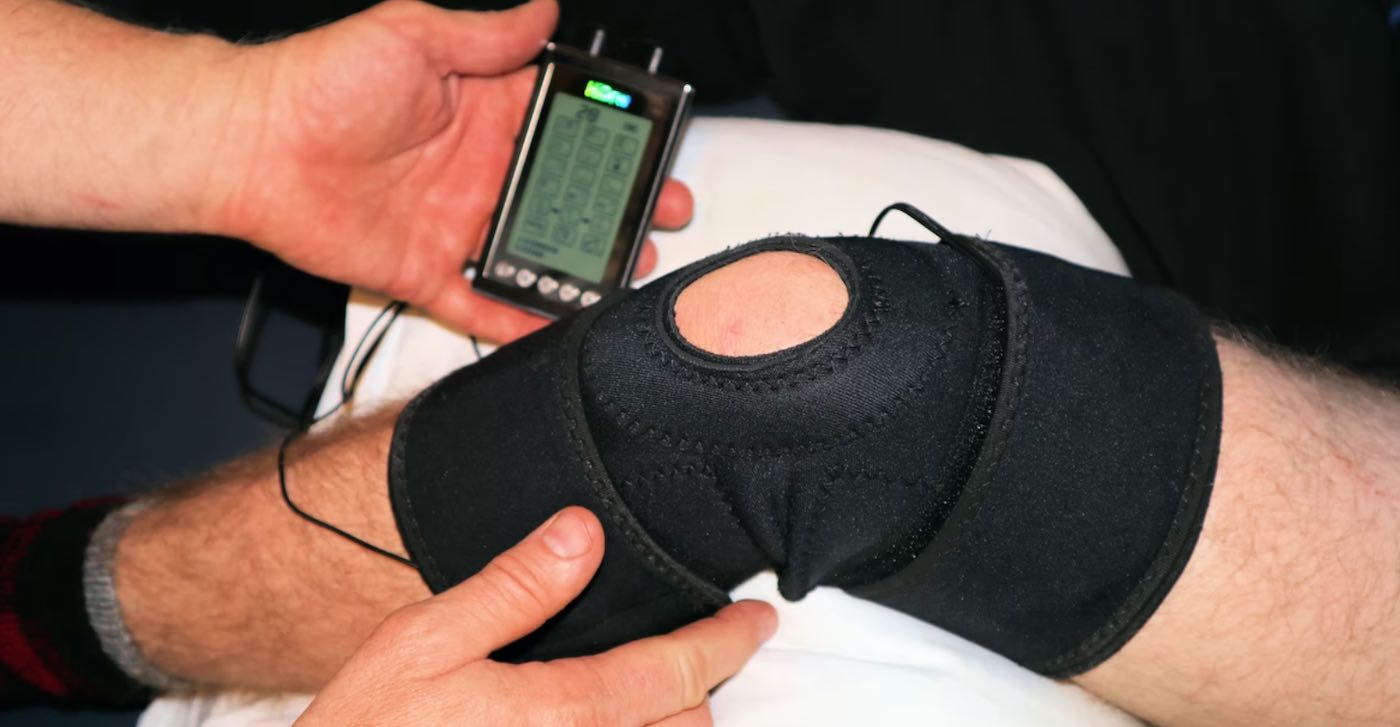There is no link between exercise and developing arthritis in the knee, according to new research from the University of Oxford.

In the UK approximately one in 10 adults have symptomatic clinically-diagnosed osteoarthritis, the knee being the most common.
A meta-analysis of six global studies of more than 5,000 participants—with and without knee osteoarthritis—were followed for 5-12 years. It showed that for these adults, over 45 years old, recreational activities are mostly free of risk.
While this study found that recreational exercise like running, cycling or swimming or sport has little to no impact on the knee, any occupation that involves heavy physical work load, kneeling, whole body vibration and repetitive movements is still risky.
The Oxford researchers said this was the first study which assessed the relationship between examining physical exercise and looking at calories burned during the activity and knee osteoarthritis.
MORE: Sufferers Living With Severe Arthritis Could be Given Lasting Pain Relief Thanks to a New Technique
Osteoarthritis is more common in women and people in older age groups, with obesity also being another common risk factor.
Dr Thomas Perry, of the University of Oxford, said, “These findings suggest that physical activity as defined by whole-body, physiological energy expenditure during sport/walking/cycling activities is not associated with knee osteoarthritis.
“Likewise, time spent in recreational physical activity is not associated with incident knee osteoarthritis.
RELATED: First Ever Study Shows Chair Yoga is Effective Arthritic Treatment
“Knowing that the amount of physical activity and time spent doing it is not associated with the development of knee osteoarthritis is important evidence for both clinicians and the public who may need to consider this when prescribing physical activity for health.”
The study was published in the journal Arthritis & Rheumatology.
TAKE a Knee and Share the News on Social Media…




















